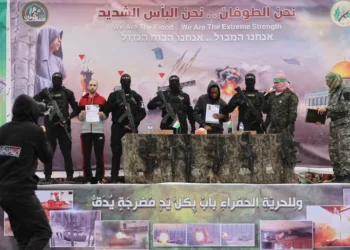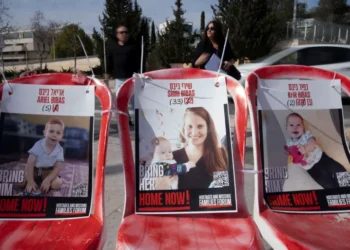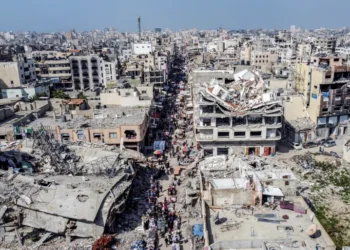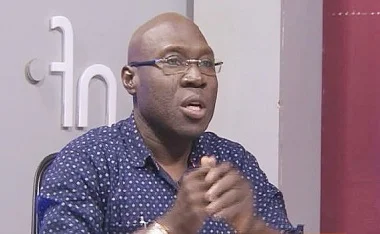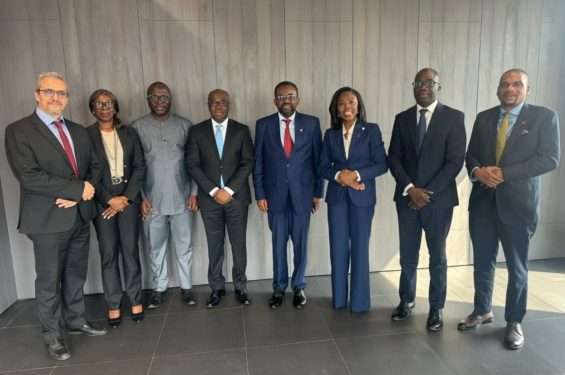A ceasefire between Israel and Hezbollah has taken effect amid hopes the truce will bring a permanent end to Israeli attacks on Lebanon and stop more than a year of fighting in southern Lebanon and northern Israel.
The truce, which begun at 4am local time in Lebanon (02:00 GMT), follows after Israel’s cabinet approved a ceasefire between Israel and the Lebanese group Hezbollah, through the Lebanese government.
US President, Joe Biden announced that the Lebanese armed group Hezbollah and Israel agreed to a ceasefire to end their months of fighting.
When it takes effect, Biden said, “The fighting will end. This is designed to be a permanent cessation of hostilities.”
Biden disclosed that the deal between Israel and Hezbollah involves Israeli forces withdrawing from Lebanon over 60 days, with Lebanon’s military taking control of territory in the south of the country to ensure Hezbollah does not rebuild forces.
He noted that people in both Lebanon and Israel will soon be able to safely return to their communities and begin rebuilding their lives.
He added that if Hezbollah breaks the agreement, Israel has the right to self-defence in accordance with international law.
Biden revealed that the US, with France and allies, has pledged to work with Israel and Lebanon to make sure it’s fully implemented. He also made sure to emphasize that no US troops would be involved.
Furthermore, Biden said that in the coming days, the US will make another push to “achieve a ceasefire in Gaza,” adding that this brings them closer to a vision of a future in the Middle East of peace.
News of Israel-Hezbollah ceasefire was welcomed.
In a statement, Antonio Guterres’ spokesperson, Stephane Dujarric noted that the UN Secretary-General hopes that the “agreement can put an end to the violence, destruction and suffering the people of both [Israel and Lebanon] have been experiencing.”
Dujarric added that the Secretary-General urges the parties to fully respect and swiftly implement all of their commitments made under this agreement.
Guterres said that the UN peacekeeping force in Lebanon, UNIFIL, and the UN special coordinator for Lebanon were ready to support the implementation of the agreement. He also urged both parties to fully implement Security Council resolution 1701.
Ceasefire Expected To Hold For A Few Years
Imad Salamey, a Professor of political science at the Lebanese American University, opined that “Without a comprehensive political agreement involving Iran, the ceasefire risks being a temporary measure.”
He added that even under these circumstances, the ceasefire would likely buy several years of relative peace.
According to him, the presence of the international task force and the domestic opposition to Hezbollah’s militarised role makes it challenging for the group to regain its previous strength.
“Hezbollah may be compelled to shift its focus inward, seeking to secure its relevance within the Lebanese state rather than through external military operations, thereby positioning itself for a role in shaping Lebanon’s future political landscape.”
Imad Salamey
Meanwhile, Haaretz Columnist, Alon Pinkas told a news agency that the agreement – based on reported details – appears very fragile and impossible to implement, especially where it relies on the Lebanese army expanding its role.
Israel has demanded the right to strike Lebanon to “enforce” the terms of the ceasefire if the Lebanese army and international task force fail to keep Hezbollah out of the borderlands.
Accepting Israel’s demand, experts say, would mean international “authorisation” that Israel regularly violate Lebanon’s sovereignty whenever it sees fit.
Karim Emile Batar, an Expert on Lebanon and an Associate Professor of international relations at Lebanon’s Saint Joseph University, said, “We could be entering a new phase… perhaps the Syrianisation [of Lebanon].”
READ ALSO: Parliamentary Recall Sparks Fierce Controversy Amid Governance Concerns


